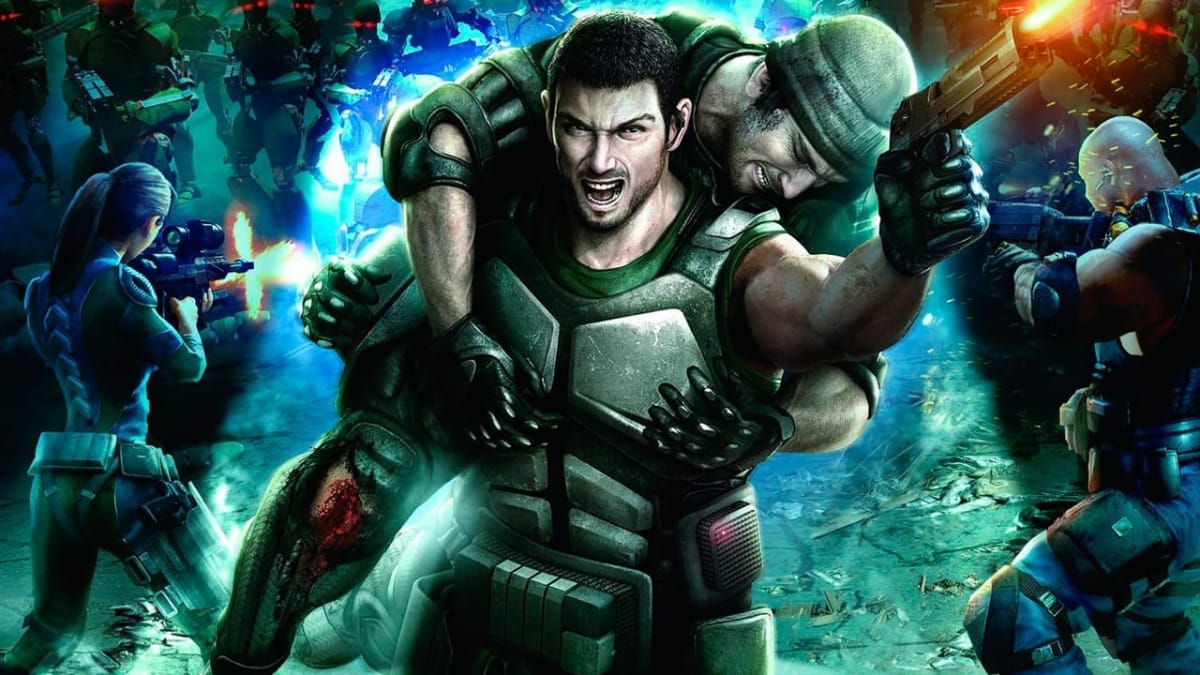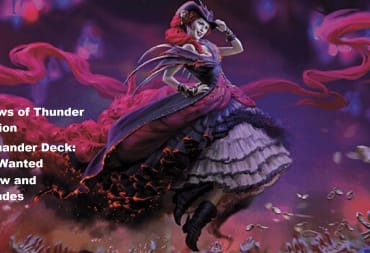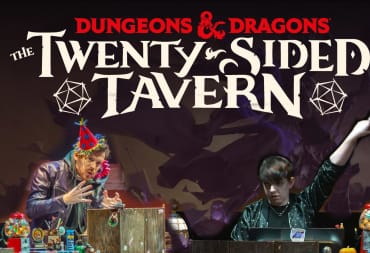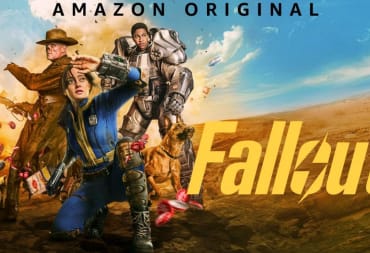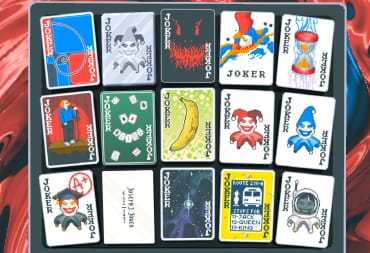When it comes to obscure games, it is rare to discuss a title that is a recent hidden gem. In the past, we have discussed some recent titles, such as Stranglehold and Deadly Creatures, but today's topic is actually celebrating its 5th anniversary, and normally it would be a title no one would know or care for. The title in question is Sega’s Binary Domain, a sci-fi third-person shooter that is very doubtful many have ever played because it has total worldwide sales of less than 100,000 units.
It’s a shame too, considering its pedigree comes from director Toshihiro Nagoshi, the creator of the Yakuza series. Nagoshi has also worked on several famous games as both a director and producer, including F-Zero GX/AX for Nintendo and Shenmue for the Sega Dreamcast. Nagoshi’s entire premise for Binary Domain was to explore life. According to a blog written on Destructoid, “I worked with my scenario writer to seek a way to express that theme in the best way for both the drama and for the gameplay. The conclusion we came to was 'robots.' I think we managed to create an unprecedented story, even though there are a lot of existing movies and games that involve robots.”
The result was a third-person action title that combines Blade Runner and Gears of War. Set in a dystopian Japan in the year 2080, the world is suffering from massive flooding due to global warming, leading to surviving governments using robots as their primary labor force, now that most of the world’s population has died.
The crux of the game centers around the Japanese Amada corporation which defies the rules of the “New Geneva Convention” where they create human-like robots nicknamed “Hollow Children.” When one of these robots attacks a heavily influential American company called Bergen, the New World Governments send a team known as a “Rust Crew” to infiltrate Japan to find the source of these hollow children.
The plot itself is very straightforward, which is good because it can get really convoluted if it doesn’t have a set world around it. The world-building that Nagoshi and Sega did with Binary Domain is the perfect setting for dystopian sci-fi, even if it is a genre Nagoshi is not fond of. Freely admitting he is not a major robot fan, Nagoshi felt that despite his lack of interest in the subject, it allowed him to focus more on the games drama over the game, which does show in the game's unusual blend of cinematics and gameplay.
Some scenes are fantastic at setting up the game, in particular the entire opening sequences showing the assault on the Bergen company and the game's protagonist, Dan Marshall, and his walking action stereotype, Ray “Big Bo” Boateng. Including an international cast of characters, most in faux accents, providing the necessary exposition dumps needed to understand the game.
It is easy to criticize Binary Domain for these sorts of shortcomings. The characters are overtly stereotypes, from cockney British accents by Troy Baker to a loudmouth black heavy guns expert. The dialogue is somewhat contrived and attempts at characterization are usually shallow. Nagoshi tries to blend these elements but is shackled behind the tropes of the genre, making what is an unintended, cheesy sci-fi game in the process. The Gears of War aspects of Binary Domain are not just in-game mechanics, but also the sort of disjointed narrative that is presented throughout and slivers of characterization to try and break up the action.
Ironically, the game is designed to make us care about its narrative, as we're supposed to talk to our squad mates in between shooting sections to try and build a positive relationship with them through a rudimentary trust system. This can determine parts of the game's ending, including who lives and dies, and who, if anyone, will betray you in the final battle. The game also takes this to a new level by implementing a voice command system into the mix, although it was poorly implemented and rarely functioned properly.
It is an interesting design choice, one that does attempt to heighten the drama depending on the player's own moral code as he plays. The idea is also a good one, but it is implemented poorly due to the rather shallow nature of the conversations; each of them more or less boiling down to a yes or no to a topic and based solely on what your squad mates want to hear.
Ironically, the lunacy of the main plotline is underpinned by that philosophical theme on life that Nagoshi based the game on. The simple question of “what makes us human?” is asked and challenges the player's own perceptions of humanity in a number of ways. Many of them can be major plot twists seen from a mile away, but the philosophical question is what Nagoshi keeps coming back to, and Marshall’s and the rest of the Rust Squad’s struggles in answering that question become the centerpiece of that drama as the game goes on.
It is a fascinating question and in a lot of ways it is answered based on the main storyline in a few ways. Perhaps the most overt example is the French robot Cain, the sole android member of the Rust Crew. Cain is the future of the Rust Crew but is a Swiss army knife who is able to hold his own against other robots. Cain is ultimately overly skilled to near Mary-Sue levels, but it is his social shortcomings that give him good characterization; Cain is still learning how to deal with human emotions because he is ultimately forced to make human judgments or literally “lose himself” in the process.
While Binary Domain is uneven in terms of its tone, it is almost perfect in terms of its gameplay. More than just a shooting gallery like Gears of War, Binary Domain has a better AI tactical system, where you can give your squad commands to hold, charge, cover fire, and more in intense firefights. All of your enemies are basically robots, each of them with really solid and intricate designs. Part of the entire design process also comes from the robot’s own custom algorithm, titled the Hierarchical Finite State Machine, or HFSM according to lead programmer Takashi Atsu. Using HFSM, Atsu and the team at Sega are able to use a number of “AI chips” to guide the enemy to make judgments based on several factors, including their condition and the environment around them.
This, combined with solid third-person shooting mechanics, makes Binary Domain as a game ultimately fun to play. It is also a difficult game, mainly due to the boss battles and insurmountable odds the player tends to be up against. The boss fights do follow the standard tropes of “shoot the weak point” but the designs and creativity of the robots offer more of a challenge for the unprepared. The story may be stuck in a sort of B-grade sci-fi tale, but it is a fun ride to go through.
That is ultimately the charm of Binary Domain. It is not the deepest game out there - although it tries to be - but it is definitely one of the more fun games in the genre. Despite mixed to positive reviews, it failed to make an impact, hitting roughly 20,000 units sold in two months in North America and barely hitting 80,000 units in Japan. The sagging sales may mean that Binary Domain will never see the light again, as Nagoshi has focused heavily on the Yakuza series in the past five years.
For all of its faults though, Binary Domain is still a game worth playing. In 2015, Game Informer’s Jon Gregory touted a sequel in a short opinion piece, claiming that the game is one of the best third-person shooters in the last generation in a retrospective piece. Perhaps we shall see Binary Domain in the future; the series certainly has potential and the ending was somewhat open-ended as a hook for more. For now though, it is perhaps one of the most recent titles to really earn the status of a hidden gem among other video games.
This post was originally published in 2017 as a part of our Gaming Obscura series. It's been republished to have better formatting.
Have a tip, or want to point out something we missed? Leave a Comment or e-mail us at tips@techraptor.net
